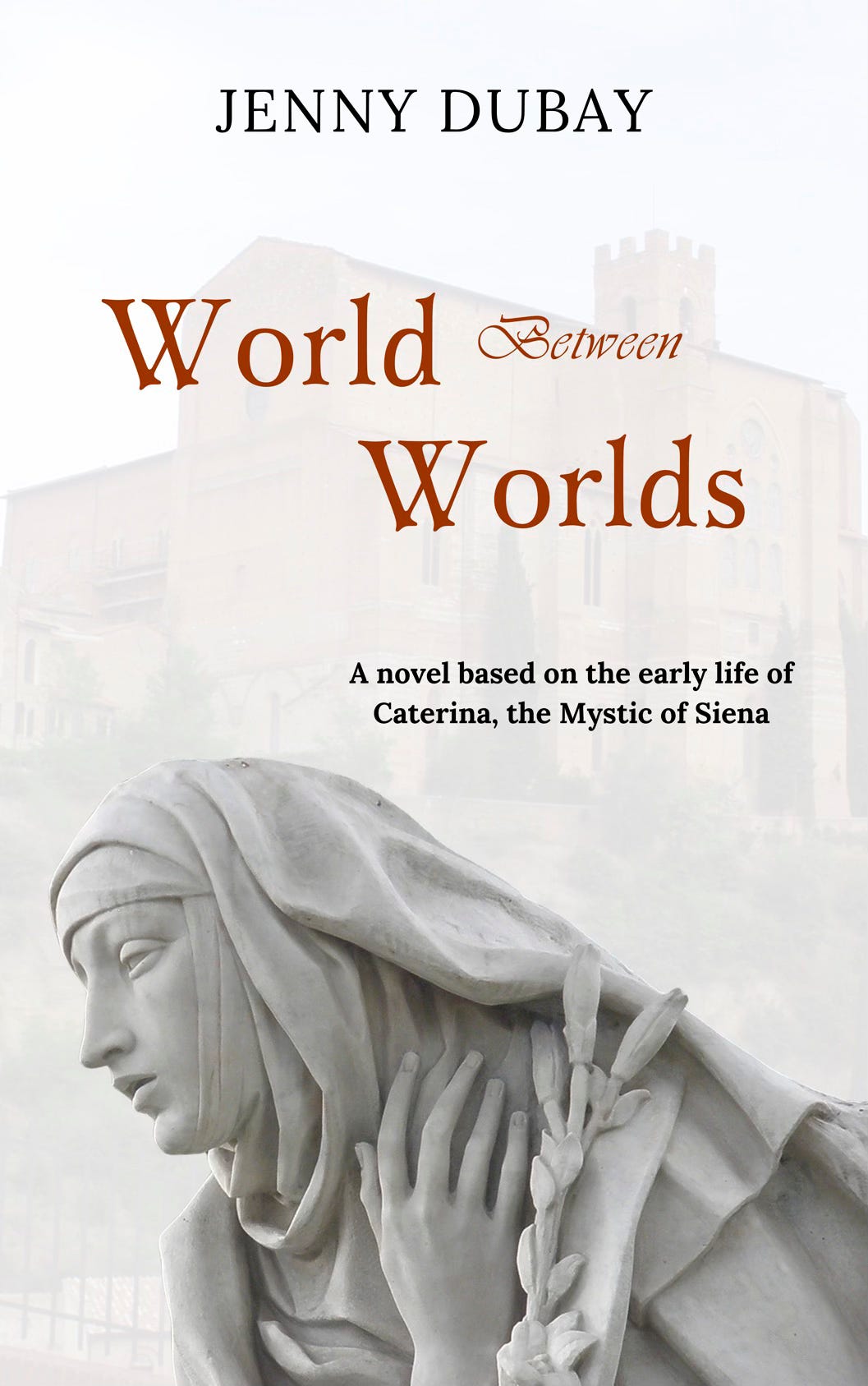Offer It Up?
Not All Suffering is Redemptive
This post was originally published in Fr. Michael Stalla’s blog, Heart to Heart with Fr. Michael. Father Michael (D.Min.) serves as Director of Pastoral Formation for St. Mary Seminary and Graduate School of Theology and as the spiritual advisor for Hope's Garden.
There are moments in life when we encounter true suffering—moments that test not only our physical endurance but the depth of our faith. As Catholics, we understand that suffering is not meaningless. But it’s essential to discern what kind of suffering we’re experiencing and how God is calling us to respond.
Two Kinds of Suffering
There are, broadly speaking, two types of suffering: redemptive suffering and ordinary (or unnecessary) suffering.
Redemptive suffering is that which is united with the suffering of Christ. It has meaning because it is offered—freely and lovingly—for a greater good: for our own sanctification, or for the salvation of others. When Jesus died on the Cross, He opened the gates of Heaven and gave us the supreme model of love and sacrifice. In a very real way, our own crosses can be joined to His.
I remember my grandmother suffered greatly from arthritis. She couldn’t change her condition, but she offered her pain to God. In doing so, she believed her suffering was transformed. Her pain was no longer empty—it had become a prayer. That is redemptive suffering.
But it’s important to note: she also took her medicine. She took care of her body the best she could. And that’s just as important. We are not called to seek out suffering for its own sake, nor to refuse help or healing. In fact, neglecting our health can be a rejection of the body God gave us.
A Mature View of Suffering
There was a time in the Church’s history when self-inflicted suffering—like wearing hair shirts or self-flagellation—was seen as a path to holiness. This extreme form of penance arose during a time of growing worldly comfort. Some Christians sought to push back against the comfort culture by embracing severe discipline.
Today, our understanding has matured. We recognize the value of self-denial—such as fasting or limiting comforts—for the sake of spiritual growth. For example, choosing simpler meals to focus our hearts on the Bread of Life is a worthy practice. But we must be cautious not to slip into an attitude that glorifies all suffering, especially when it causes lasting harm to ourselves or to others.
The Danger of Just "Offering It Up"
Here’s where it becomes crucial: sometimes, people suffer because of the sins of others—through abuse, injustice, and neglect. In these cases, some may be tempted to say, “I’ll just offer it up.” But this is not redemptive suffering. This is just suffering. And it can be dangerous.
If you are being mistreated, you are not called to endure it in silence. That kind of suffering does not sanctify—it diminishes the human person. It says, “I don’t matter.” But that is a lie. You do matter. You are a child of God. Christ the Bridegroom laid down His life for you, and He desires your safety, your healing, and respect for your dignity.
Theology of the Body and Suffering
St. John Paul II’s Theology of the Body reminds us that we are not merely souls trapped in bodies. We are body and soul, fully and wonderfully made. To disregard the body is to reject part of the person. To accept abuse or neglect—either from others or from ourselves—is to ignore our worth.
Redemptive suffering must always come from a place of freedom. It must never be coerced. And if there is a way to relieve pain, heal a wound, or escape a harmful situation—then we should do so. God wants our healing.
Learning to Discern
So how do we tell the difference?
Redemptive suffering:
I cannot stop it.
I offer it freely to God.
It brings about growth in me or in others.
Non-redemptive suffering:
I can stop it.
It serves no purpose.
It causes harm and diminishes human dignity.
One leads to life, the other leads to harm.
Let us ask the Lord to give us wisdom—to know when to endure and when to act, when to carry the cross and when to lay down the burdens we were never meant to bear. And above all, may we remember: your life, your body, your soul—they matter to God.
Lord Jesus, help me to know what suffering I am called to bear for love of You, and what suffering You never intended me to carry. Teach me to unite my pain to Your Cross when I cannot change it, but to seek healing and help when I can. Remind me that I am Your beloved. Help me to care for my body and soul as one person, wholly loved by You. Amen.
In the Heart of Christ,
Fr. Michael Stalla
Currently on Sale!
Jenny duBay’s novel, World Between Worlds, tells the amazing story of one of the Church’s most dynamic saints, Catherine of Siena. Set in the tumultuous fourteenth century, World Between Worlds takes readers on a journey across the landscape of medieval Tuscany, through the eyes of a mystic who is entangled in political chaos, social upheaval, and spiritual awakening.
On sale now! To purchase a signed copy, click here.
If you prefer to purchase on Amazon, click here (affiliate link).






This the best teaching on suffering I have heard! Thank you Father!!!!!!